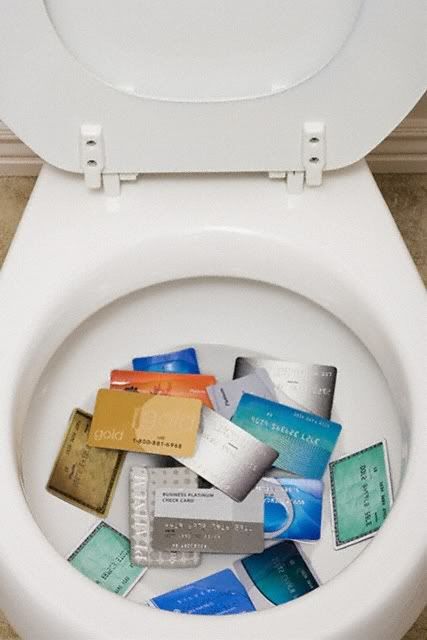
By Michael Boshnack
In recent weeks credit card companies have been under a lot of scrutiny for raising interest rates on consumers with good credit. There is a new law that credit card companies must give their users 45 days notice about any increases in interest rates, the problem is that this does not take effect until 2010. Credit card companies are using this as their last opportunity to slip in higher interest rates on their best consumers. If I got a letter from my credit card company about them raising interest rates, I would mad and start looking to a better rate elsewhere. This has made me realize how important it is to be on top of my finances and document all relevant rates and dates.
Many personal financial advisors are recommending that their clients file for bankruptcy. This gives the family a chance to start from a clean slate, although they will not be able to borrow. The decreasing prices in the housing market have made even more incentives to file for bankruptcy as families would lose more money if they sold their houses to pay their loans versus filing for bankruptcy. My advice is if you do not know what is the best option speak to a professional who is not going to try to take you money (ie. Debt consolidation advisor), he is only in that business to make money off you. In my opinion they will never have your best interests in mind.
To read more about these topics click on the links below:
Credit Cards are Gouging me
Should my spouse file for bankrupcty with me
The changing face of consumer finance

























